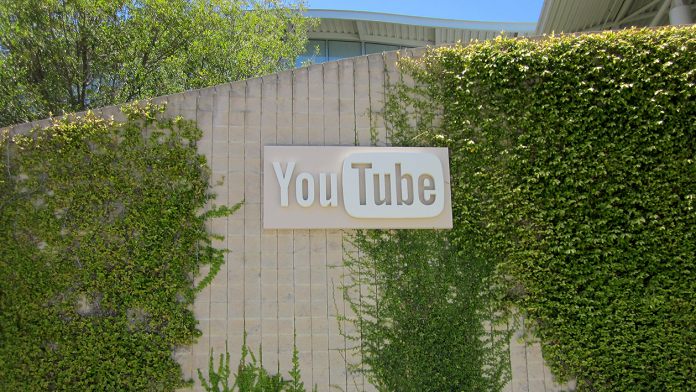Google is making improvements to its YouTube advertising. The tech giant says the video service is the second most popular search engine in America, and its taking pains to integrate it with the top one.
According to Google, people who search for a product on its search engine go on to look at YouTube videos of it 60% of the time. That’s a huge overlap, and you can bet it’s looking to exploit it.
It gives the example of a movie. When users search for film reviews, they go on to watch YouTube trailers and more very often. By tying this search to their Google search, the company can serve an AMC ad with local theatre times. It calls it “ad extensions for video”.
This is different to the previous method. Last year, the company began displaying ads depending on user’s YouTube search history and the video they’re watching. Now, they can catch instances where they may have searched for a product on Google, but didn’t search it on YouTube.
Privacy Concerns
The usual sentiment with these features is that accurate ads are less annoying ads. Advertisers routinely push the idea that users would prefer to see products they want to buy.
However, it’s not uncommon for users to find such practices a little creepy. With this new implentation, user’s activity across the web will be following them even more. If you want to save money, the last thing you want is accurate temptations.
Currently, Google maks the majority of its revenue from search-based advertising, and it’s ramped up efforts in recent times. In fact, it’s practices have led to outcry, with a location history setting that doesn’t actually disable location tracking and remote triggering of battery saver.
In Chrome 69, Google logs users into their accounts automatically when they use YouTube or Gmail, enabling easier tracking. It now plans to disable the addition in Chrome 70, but it’s clear it wont’ stop pushing for ads with better click rates. As competition from Facebook and Amazon increases, it’s under increasing pressure to provide unique value.
It’s likely that ad exensions for video is just the start of that, but the knock-on effect may be more revenue for YouTube’s dedicated creators.






